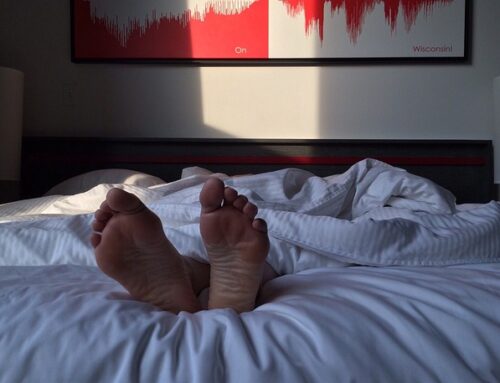We often overlook the needs of veterans. But, in September 2019, the U.S. Department of Veterans Affairs and the U.S. Department of Defense approved a new joint clinical practice guideline for assessing and managing patients with chronic insomnia disorder and obstructive sleep apnea. This guideline is available to provide health care professionals with a proper framework to screen, evaluate, treat and manage a veteran’s individual needs and preferences for sleep apnea or insomnia.
Diagnosis and assessment of sleep apnea
The first step in identification of obstructive sleep apnea in veterans is to assess their symptoms. Evidence supports the use of specific screening questions. The gold standard to define sleep apnea is an apnea-hypopnea index of five events per hour or greater on polysomnography.
After review, the Berlin Questionnaire, the STOP questionnaire, the STOP-BANG questionnaire and the Epworth Sleepiness Scale did not have acceptable accuracy to definitively diagnose sleep apnea in veterans. This is because objective testing is required after screening. Among the screening tools, the one with the highest sensitivities was the STOP and STOP-BANG questionnaires for proper assessment of sleep apnea in veterans.
Treatment and management of sleep apnea
When it comes to treating sleep apnea, the work group recommended positive airway pressure (PAP) therapy for the entirety of a person’s sleep period. However, because adherence can be challenging, the work group also recommended CPAP therapy for sleep apnea even in patients using it for less than 4 hours a night. This would also be a great opportunity for us to offer oral appliance therapy for those who are noncompliant to this treatment plan.
It is also recommended that these individuals avoid alcohol and certain medication, such as opioids and sedatives, because they can worsen symptoms in some patients. They should be avoided, but if needed, use with caution.
Treatment and management of insomnia
The first treatment option for insomnia will be cognitive and behavioral interventions. Evidence suggests that cognitive behavioral therapy for insomnia is effective in treating chronic insomnia. This treatment is focused on sleep-specific thoughts and behaviors. Behavioral components consist of sleep restriction therapy, stimulus control, relaxation therapy and counterarousal strategies, and sleep hygiene education. Cognitive therapy targets maladaptive thoughts and beliefs about sleep.
The next treatment option is pharmacotherapy, which appears to be more effective than pharmacologic therapies for treatment of chronic insomnia disorder. However, in patients who are unable or unwilling to receive CBT-1, the work group considered offering a short course of low-dose doxepin or nonbenzodiazepine receptor agonists to appropriate candidates.
Have you treated any veterans who had sleep apnea? I would love to hear about your treatment plan and the results from them.





